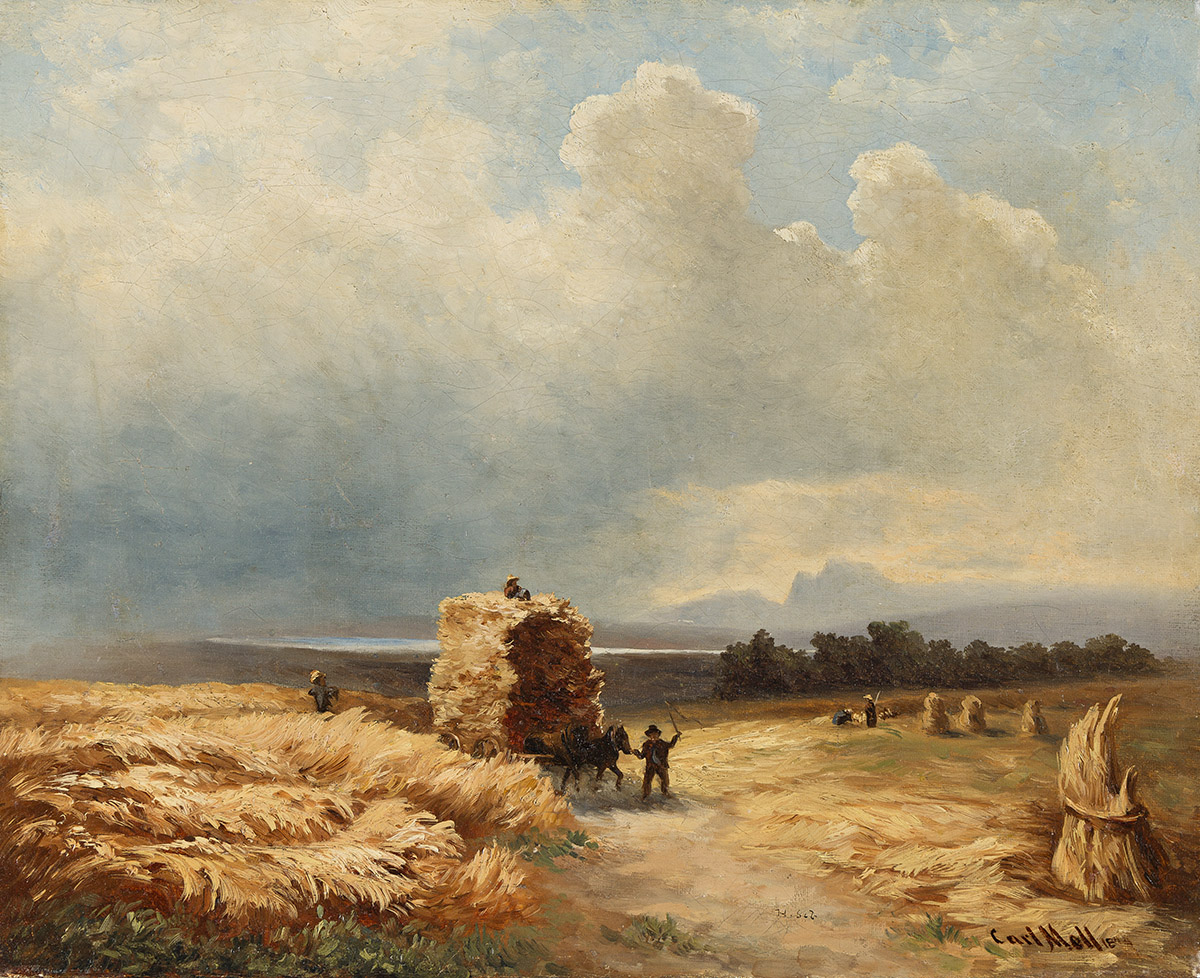Sale 2662 - Lot 52
Unsold
Estimate: $ 15,000 - $ 20,000


Aliquam vulputate ornare congue. Vestibulum maximus, libero in placerat faucibus, risus nisl molestie massa, ut maximus metus lectus vel lorem.